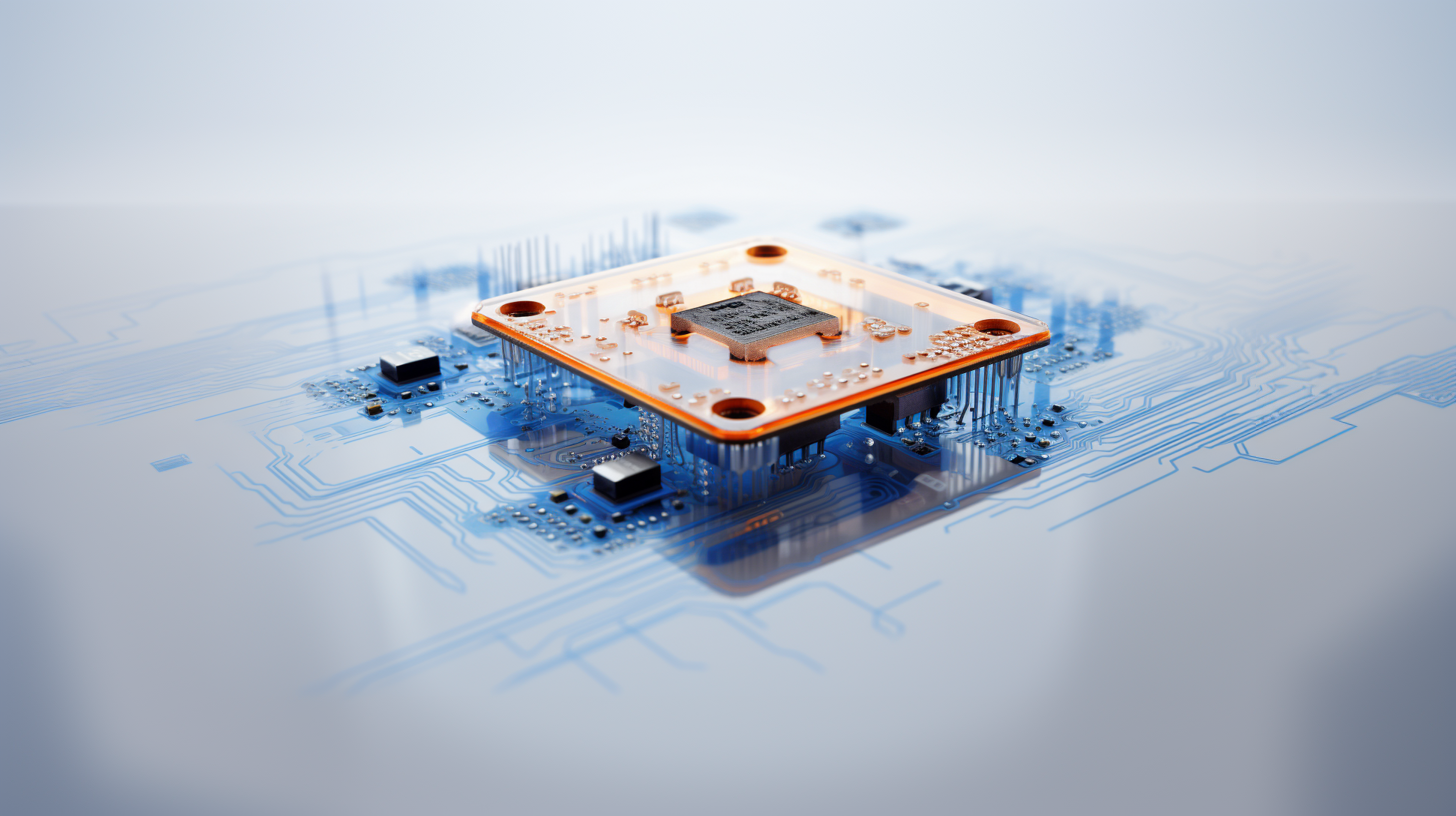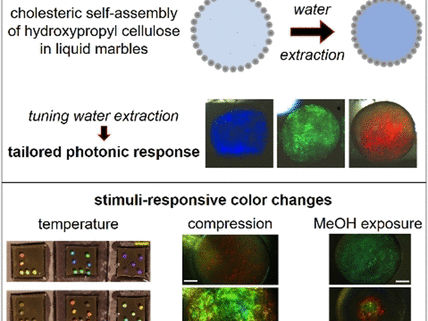Brookhaven's "Electro Pen" may impact a host of developing nanotechnologies
At the U.S. Department of Energy's Brookhaven National Laboratory, scientists have developed a new chemical "writing" technique that can create lines of "ink" only a few tens of nanometers, or billionths of a meter, in width.
"Our new 'writing' method opens up many new possibilities for creating nanoscale patterns and features on surfaces. This may have a significant impact on developing nanotechnologies that involve nanopatterning, such as molecular electronics -- tiny circuits built using single organic molecules," said Brookhaven Lab physicist Yuguang Cai.
Cai and his colleagues call the technique "Electro Pen Nanolithography" (EPN). They sweep a very thin metal tip across a film of organic molecules. The tip carries an electric voltage, which causes the region under it to "oxidize," or undergo a reaction that changes the chemical makeup of the film. In a single sweep of the pen, organic "ink" molecules are transferred from the tip to the oxidized regions, creating an extremely thin line.
Each line is just one molecule thick, but the researchers can produce multilayered patterns by writing over the existing pattern. This gives them the ability to create three-dimensional nanoscale "landscapes." Moreover, by turning off the voltage, they can use the tip as a tiny "scanner" to "read" and create an image of the pattern just written.
With further research, EPN may have the ability to "write" biomolecular materials, such as proteins, onto surfaces. These nanoscale protein deposits might, for example, serve as biosensors.
This research is supported by the Office of Basic Energy Sciences within the U.S. Department of Energy's Office of Science.
Most read news
Other news from the department science

Get the chemical industry in your inbox
By submitting this form you agree that LUMITOS AG will send you the newsletter(s) selected above by email. Your data will not be passed on to third parties. Your data will be stored and processed in accordance with our data protection regulations. LUMITOS may contact you by email for the purpose of advertising or market and opinion surveys. You can revoke your consent at any time without giving reasons to LUMITOS AG, Ernst-Augustin-Str. 2, 12489 Berlin, Germany or by e-mail at revoke@lumitos.com with effect for the future. In addition, each email contains a link to unsubscribe from the corresponding newsletter.
Most read news
More news from our other portals
See the theme worlds for related content
Topic world Sensor technology
Sensor technology has revolutionized the chemical industry by providing accurate, timely and reliable data across a wide range of processes. From monitoring critical parameters in production lines to early detection of potential malfunctions or hazards, sensors are the silent sentinels that ensure quality, efficiency and safety.

Topic world Sensor technology
Sensor technology has revolutionized the chemical industry by providing accurate, timely and reliable data across a wide range of processes. From monitoring critical parameters in production lines to early detection of potential malfunctions or hazards, sensors are the silent sentinels that ensure quality, efficiency and safety.

























































